Intellectual disability
Build on student strengths and support the learning and wellbeing of students with intellectual disability across all aspects of the curriculum.
About intellectual disability
Thinking and organisation
Students with intellectual disability will typically experience difficulties in some form with thinking skills, such as attention, reasoning, problem solving, memory, planning, and judgement (for example, understanding and predicting risks).
This can impact the speed or way in which they best learn, and they tend to need extra time and help to learn new skills or knowledge (for example, reading, mathematics).
Some students may be easily distracted and need support with organisation, or they may find instructions with several steps hard to follow.
Students with intellectual disability often prefer concrete learning tasks, and multi-modal or hands-on learning tasks.
Practical skills
Some students may need support and lots of opportunities to practise practical skills, such as dressing, eating, telling the time and handling money.
Communication and social skills
Students with intellectual disability may seem socially immature for their age, and they may find it difficult to understand and respond to body language (for example, facial expression, gestures, standing close to peers). Some students might have lots of language and others might only use a few words or no words.
Emotions and behaviour
Some students can find it challenging to manage their emotions and behaviour, or to recognise and respond to the emotions of others. Some students may be gentle and calm, while others may become frustrated or distressed, or engage in behaviours of concern.
Students with intellectual disability may experience low self-confidence, anxiety, or frustration if they consistently find they are unable to complete a task or their needs are not met.
Health and movement
Some students may tire easily, particularly when there are many demands on them. They may find some motor skills difficult. Some may also be restless, or overactive.
Strengths
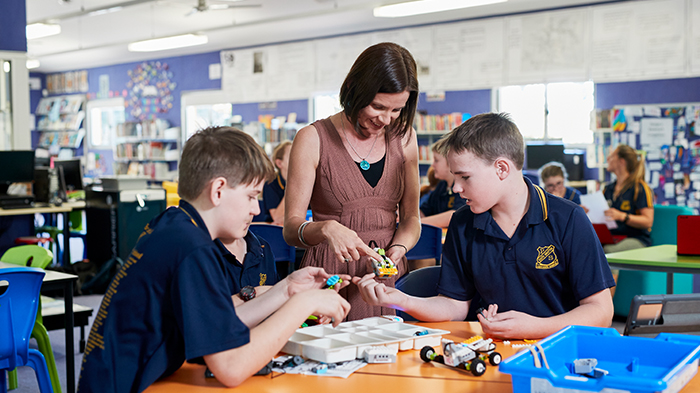
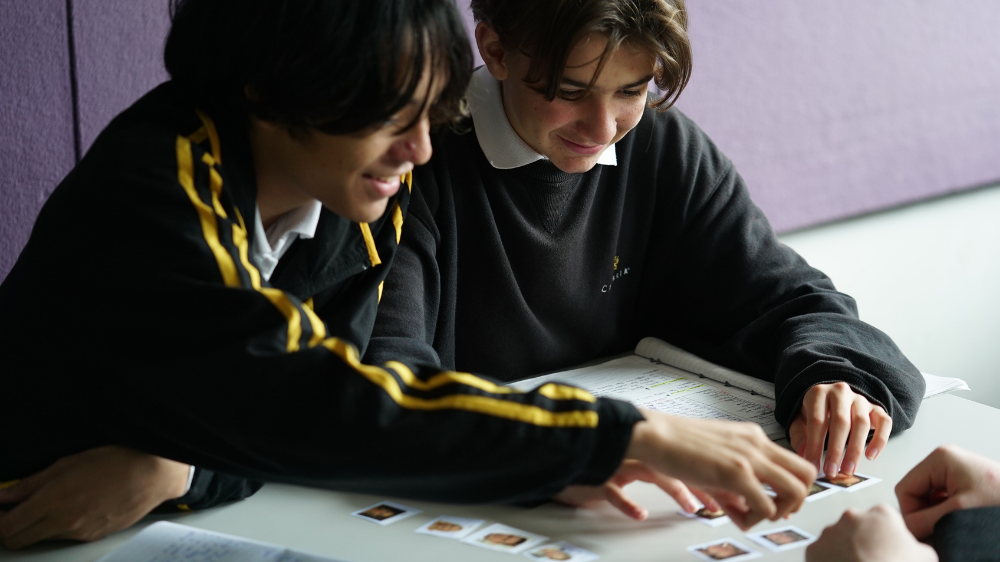
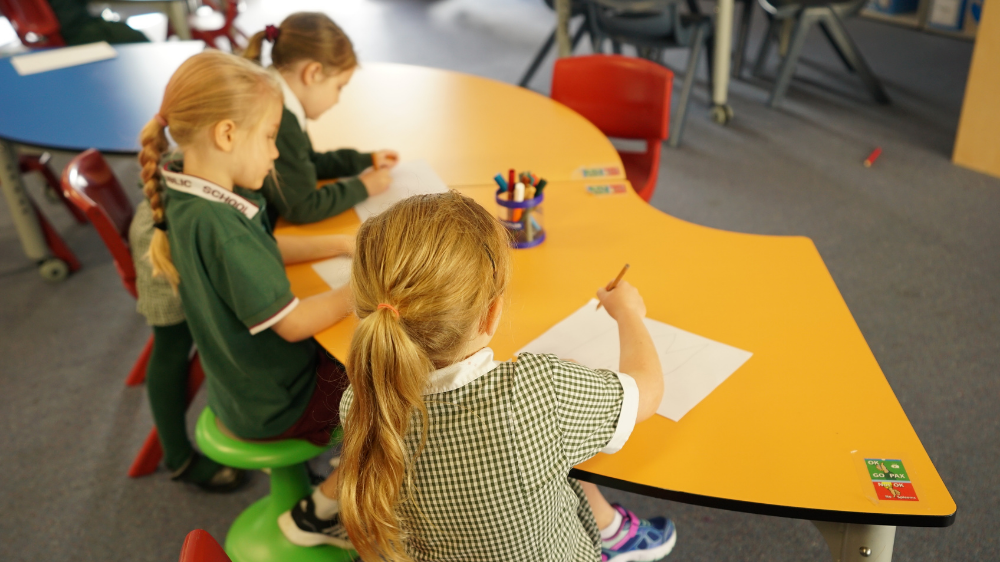
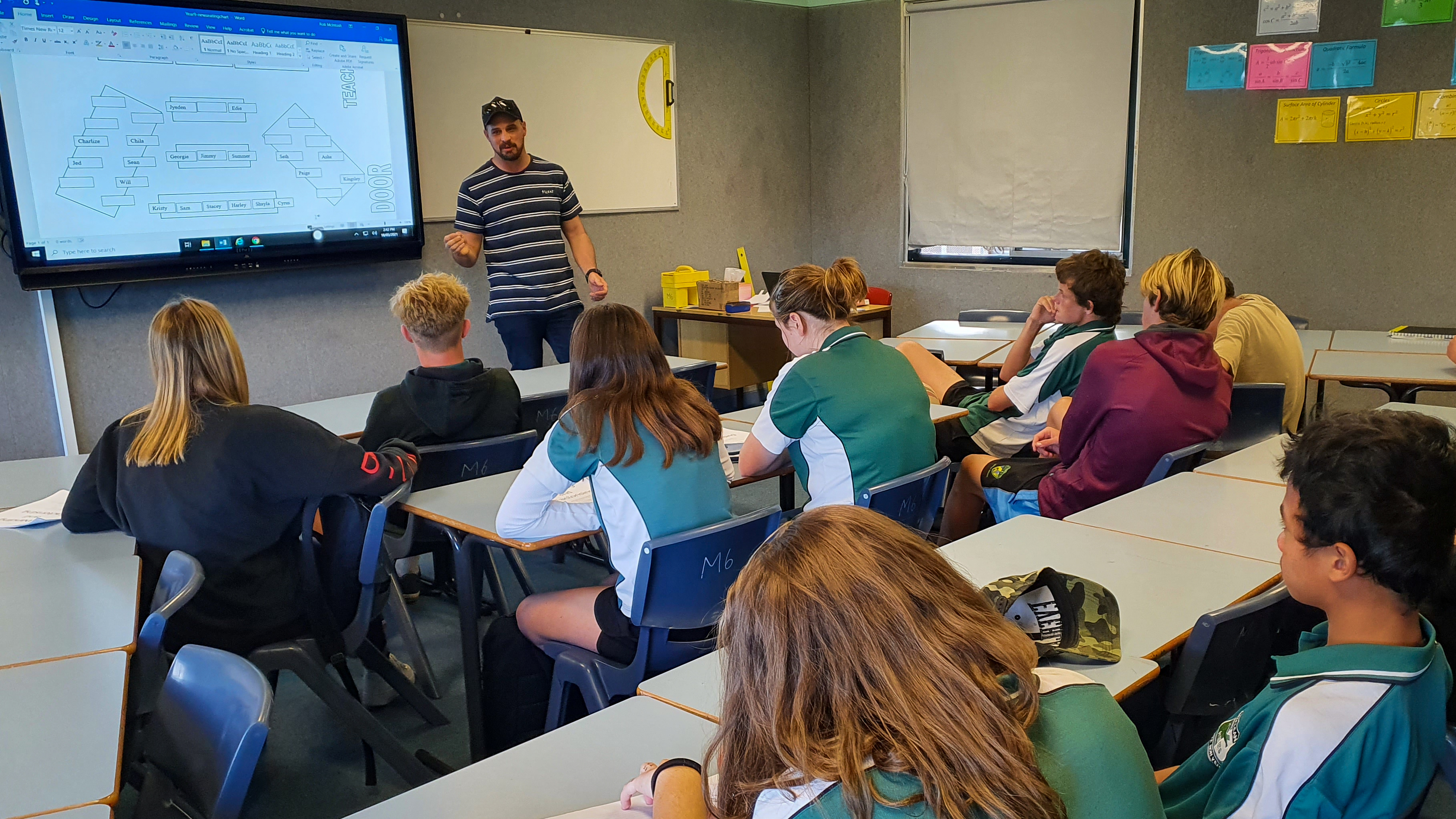
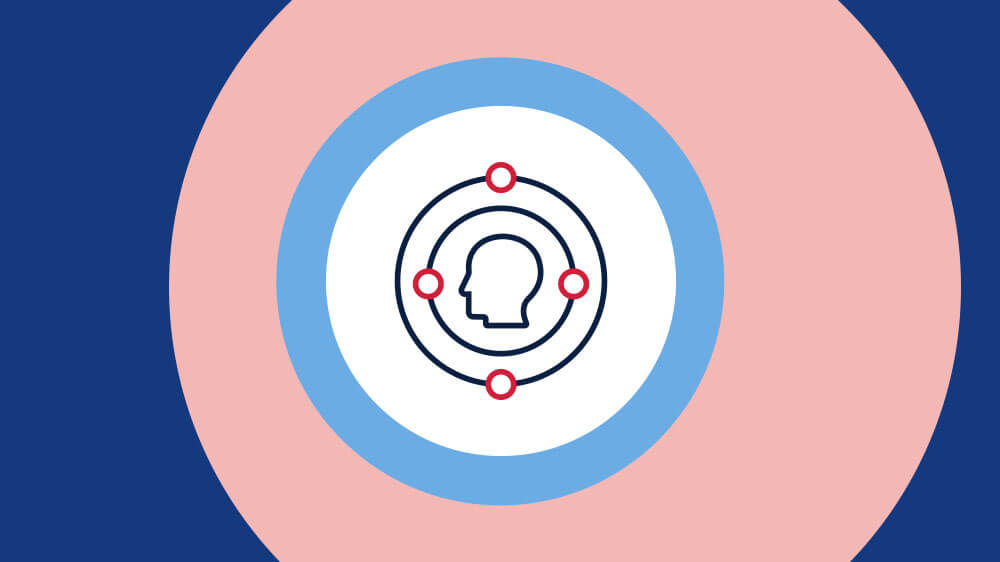
Example of practice: intellectual disability
Learn about Aisha's experience in the classroom.
School Excellence Framework alignment
Wellbeing, Curriculum, Effective classroom practice
Australian Professional Standards for Teachers alignment
Standard 1: Know students and how they learn
Audience
Primary teachers
Purpose
Strategies to support students with intellectual disability. Including: Evidence-based practices, best practice tips, curriculum considerations and other considerations for teachers of students with intellectual disability.
Reviewed
November 2021. Share your feedback here